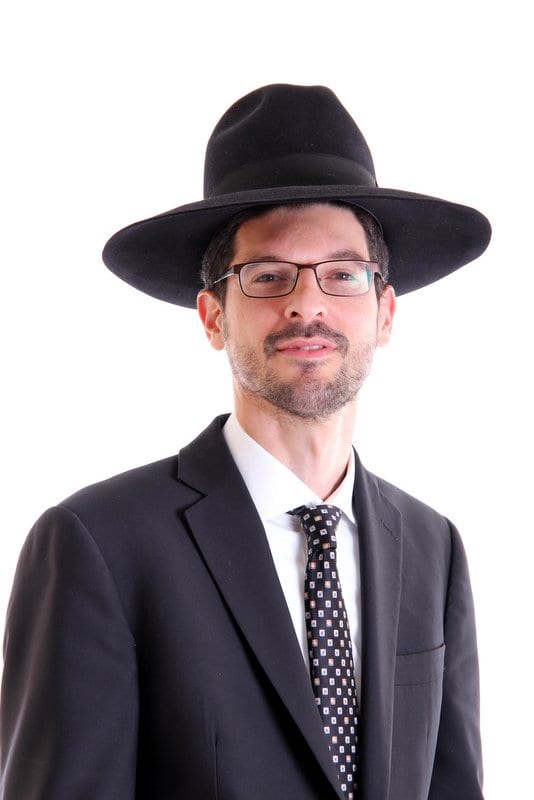
Amalek attacked the Jewish people shortly after they left Egypt. At that point the B’nei Yisrael had not yet established themselves in the world in any way. Their only recent interaction with another nation had been as slaves. They had not yet achieved financially, militarily or even spiritually. When viewed objectively there was nothing about the Jewish nation which should cause anyone to be fearful of them. Why then did Amalek find it necessary to travel from far away to declare war on them*?
One further question. The Torah commands us to eradicate the memory of Amalek:
“Remember what Amalek did to you on your way out of Mitzrayim. They came upon you …and you were tired and they did not fear G-d…Wipe out the memory of Amalek….do not forget” (Devarim 25,17).
Many nations have mistreated us but have not been singled out for such focused destruction. What was it about Amalek’s decision to attack the B’nei Yisrael which made them deserve to be wiped out?
In dealing with the above questions we need to examine the language used in the above quoted verse. In that verse the Torah describes the negative elements of Amalek’s decision to attack the Jews when they left Egypt. As part of that description the Torah tells us tells us that
“…they did not fear G-d”
Amalek’s lack of fear of heaven was self evident. Why did the Torah find it necessary to expressly mention it? It seems the Torah is telling us something deeper about the mindset of the Amalekite.
The medrash (Tanchuma, 9) tells us that when the Jews left Mitzarayim in the midst of great miracles it was clear that there was some supernatural force on their side. Many nations steered clear, not wishing to start up with a nation which had G-d on its side. Nevertheless Amalek took up the challenge. The medrash compares the situation at the time to that of a boiling bath. Most people would not dare to enter a boiling bath but when someone actually does so he encourages others to give it a try. So too, Amalek saw a nation apparently enjoying heavenly support but nevertheless decided to take it on. They thereby set a precedent for others to show disregard for the ethereal strength of the Jews.
It appears that when Amalek heard of the miraculous birth of a nation devoted to the service of one all – powerful G-d they felt threatened. They saw the possibility of a new world order, a world run by Hashem. Recognizing an overarching G-d would involve subjugating themselves, something they were not prepared to do. When the verse tells us that that Amalek “did not fear G-d” it means that they opposed in principle to the whole idea of godliness. In their opinion, events are dictated by chance or by objects of superstition such as charms and stars and they were not prepared for a change in the status quo.
This is why Mordechai’s refusal to bow before Haman – a descendent of Amalek – led Haman to conclude that it was not enough to deal just with Mordechai, but that it was the values he stood for which posed the greatest danger. It was necessary to enact murderous decrees against the whole Jewish nation.
Amalek’s obsessive resistance to the concept of divine rule over the world explains why they traveled so far to attack a nation which apparently posed no threat to them. By showing such unprecedented zeal to block the entry into the world of a nation dedicated to Hashem Amalek also identified themselves as our eternal arch enemy, deserving to be wiped out and forgotten.
“Purim”
In choosing which month to attack the Jews, Haman cast lots. Either Haman was simply “tossing a coin” or he was seeking to engage some unspecified supernatural force to guide him in his decision making. He was happy to show respect to some other – worldly force as long as he did not have to make himself subordinate to it.
The Megillah (9,24) tells us why the festival of Purim (meaning “lots”) was given that name. Haman
“cast a lot to confuse and destroy the Jews…but (the king) turned the evil intentions which (Haman) reserved for the Jews back on his head and he and his sons were hung. Therefore these days are called Purim”.
Many question why the festival of Purim is named after the lots cast by Haman? Why are the lots so central to the theme of Purim?
In light of the above the casting of the lots can be seen to be very significant indeed.
At the core of the Purim story lay a bubbling tension between a worldview which entails recognition and adherence to a higher power and a worldview in which the individual is all important and self – serving. Haman stood for a world which casts lots where it is expedient to do so but otherwise abhors religion of any sort. Mordechai stood for a world which respected higher authority. Ultimately the sequence of events which led to Haman’s downfall and the redemption of the Jews was so remarkable that they clearly appeared to have been divinely orchestrated. These events served to show that Mordechai’s standpoint was the true one. Naming the day “Purim” was an ironic allusion to the Haman school of thought which sees life events as the product of happenstance with no input from above.
*Question heard from Rabbi Hartman Shlit”a







